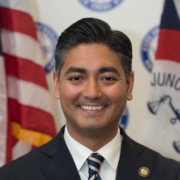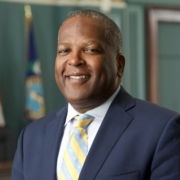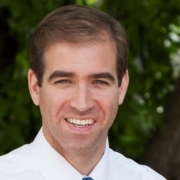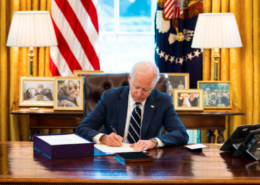Mayor Leirion Gaylor Baird: New Plan to Boost Local Food System in Lincoln
This week, NewDEAL Leader Lincoln Mayor Leirion Gaylor Baird unveiled Lincoln’s Local Food System Plan, a thorough effort to support local producers, increase equitable access to high-quality food, and reduce food waste. The plan, developed by a 10-member community committee, hopes to double the acres where local food is grown in the Lincoln area and triple the number of community gardens by 2035. “Lincoln’s new Local Food System Plan will position our community to reap the benefits of a thriving local food system — supporting local farmers, expanding markets, creating jobs, increasing food security, improving health outcomes, reducing carbon emissions and instilling a sense of pride in our community,” Gaylor Baird said. Read more about the plan here.













